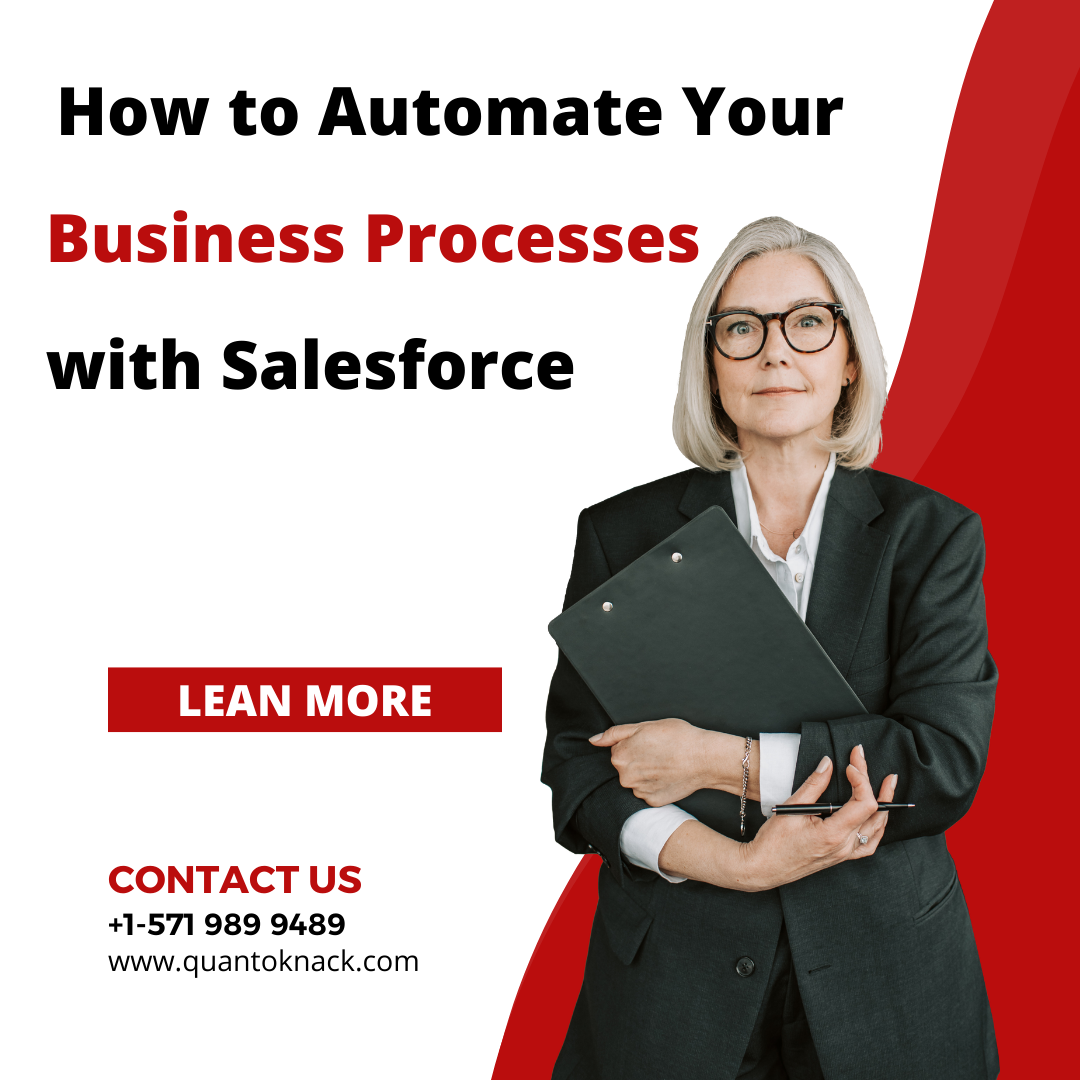
Learning for the Salesforce admin exam is not a cakewalk. It requires consistency and hard work. You have to understand a lot of concepts and learn various management tools. It is a highly demanding job role in the market that can help you earn more as well as achieve success with smooth growth and transitions. However, you need to attain complete Salesforce admin training and certification for better job placement with your desired payscale.
Yes, before you jump into the studies and prepare for your exam, it is important to understand the Salesforce admin certification exam syllabus. It will give you an idea of what you need to do and where to start.
Let’s dive deep into the complete overview of Salesforce Admin Certification and its prerequisites.
About the Salesforce Certified Administrator Exam
Salesforce admin plays a vital role in the management and configuration of this CRM platform within a specific organization. They have to ensure smooth workflow, productivity, and overall efficiency, customizing the Salesforce platform to meet business requirements. They work as the backbone of Salesforce implementation by bridging the gaps between business processes and the Salesforce platform. It requires working with various departments within the organization, from sales and marketing to service and operations, understanding their processes, and tailoring Salesforce accordingly to support them. Also, they manage user permissions, ensure data quality, and offer ongoing support and training to users.
Who’s the Ideal Candidate for the Salesforce Admin Role?
There are no requirements for having an IT background or a tech geek if you really want to be a Salesforce administrator. All you need to have are some skills as well as the Salesforce admin training and certification. If you talk about basic skills, include technical expertise, business acumen, and communication skills.
Here is a list of major skills that, if you master these, will easily make you successful in your Salesforce admin career.
- Master technical aptitude, such as managing large volumes of data, ensuring data accuracy, and implementing data validation rules. Be ready to work with process automation tools like Salesforce Flow, Process Builder, and Workflow Rules.
- Work on analytical skills to spot small issues and inconsistencies within the organizational CRM platform and problem-solving skills to troubleshoot and resolve user issues comfortably.
- Understand various business processes in different departments like sales, marketing, service, and operations. Help organizations drive growth and improve productivity, translating business goals into Salesforce solutions.
- Enhance communication skills to explain technical concepts in a simple, non-technical manner. Attain training skills to train new users and support existing ones with the proper training and user guides. Collaboration can also help in working with cross-functional teams.
- Become more customer service-oriented to support users at all levels, answering questions, troubleshooting issues, and ensuring users feel comfortable with the platform.
- Always be eager to stay updated on new features, best practices, and industry trends and open to change, becoming adaptable, able to pivot quickly, and implement changes effectively.
- Enhance strong project management skills to prioritize tasks and manage workload efficiently, manage deadlines, and coordinate with different departments to meet project goals.
- Manage accurate and consistent data with the implementation of validation rules, duplicate management, and data cleansing strategies.
- Ensure periodical data backup and secure data following the organizational data governance policies.
- Custom-create objects and fields based on business needs and even tailor the standard objects like Leads, Opportunities, accounts, etc.
- Build dashboards with real-time visual business data representation and maintain them to help with better decision-making.
- Stay up to date with annual releases that Salesforce shares three times a year for testing and rolling out the new features effectively.
- Helped day-to-day operations by resolving bugs or any issues that arose.
- Update the existing users with the new updates and train the new users by conducting various sessions.
- Manage various user guides, technical documentation, as well as FAQs to help organizations use the Salesforce platform effectively.
- Use AppExchange to download and manage any 3rd party apps to increase the capabilities of the platform.
Salesforce Administrator Certification Exam Topics
You will have to study 12 key areas for your Salesforce admin training and certification exam. These all are divided into some percentage that helps every student to understand the importance and weight of their study. Let’s explore all of these topics in detail and get you ready for your exam.
- Organization Setup (3%)
You must attain an in-depth understanding of your organization, such as how it is set up, its profile, fiscal year, currency, and business hours. While working, you have to configure global settings and various features like search and layout or work.
2. Sales and Marketing Applications (14%)
You will have to use the Salesforce Sales Cloud tool for your organization that can help them with leads, contacts, opportunities, and accounts tracking. Secondly, handle leads, opportunities, and campaigns to manage the lead conversion process, opportunity stages, and sales processes, including marketing campaign setup, management, and analysis.
3. User Setup (6%)
You have to take care of the user creations like adding new users and setting up the roles and profiles as well as managing them like helping them reset passwords, etc. Salesforce Admins are responsible for granting access to all the users based on their roles and profiles. Hence, you must learn the complete functionality of profiles, roles, and permission sets.
4. Security and Access (13%)
You have to manage all types of security and access related to objects, records, and even fields. A Salesforce admin works with profiles and permission sets to control access to objects and manages organization-wide defaults (OWD), role hierarchy, sharing rules, manual sharing, and field visibility using field-level security settings and page layouts.
5. Standard & Custom Objects (14%)
You have to manage object creation, relationships, and even schema builder. That’s why online Salesforce Admin training programs include custom creation of objects and customization of standard objects, fields, and relationships. You need to learn lookup and master-detail relationship creation for data relation, utilizing Schema Builder for data model visualization and creation.
6. Service and Support Applications (13%)
You must learn case and knowledge management with a service console configuration to support case resolution workflows. It includes automation and assignment rules for customer service case management support case resolution and self-service portals for organizing and sharing knowledge articles.
7. Activity Management and Collaboration (3%)
You have to learn the Chatter tool, which can help you with internal communication and collaboration across various departments, as well as track various tasks and events to ensure visibility and cooperation.
8. Data Management (10%)
It’s your responsibility to handle data quality, import & export, as well as storage and backups. With Data Import Wizard and Data Loader, you can manage data easily. Cleanse the data by implementing data validation rules, duplicate management, and other tools. Always keep knowledge of data storage limits and backup the data for a better future.
9. Workflow/Process Automation (16%)
You can utilize Process Builder to automate tasks and business processes and create workflow rules to automate field updates, email alerts, and task creation. You can submit the record by setting up the workflows and implementing Flow for an advanced level of automation to perform complex data processing and record updates.
10. Analytics – Reports and Dashboards (10%)
Utilize filters and group data, and add charts to reports to create custom reports. You will require a custom dashboard for real-time data visualization that will help you set permissions to share reports and other dashboard features with defined role and profile users.
11. Desktop and Mobile Administration (1%)
You must learn to enable users to work from anywhere with the Salesforce mobile app configuration and optimize user experience using mobile devices with custom layouts.
12. AppExchange (2%)
You can start with AppExchange apps that help browse, evaluate, and install third-party applications within the organizations. This topic includes customization for app creations, configurations of different features as the organization requires, and integration of different APIs.
3 Study and Exam Strategy
- Distribute your study time that covers a higher percentage of areas in the Salesforce Admin exam, like Workflow/Process Automation and Standard & Custom Objects.
- You should try working on live projects in the Salesforce environment to get more experience and a better understanding.
- Use practice and mock tests to learn time management for your Salesforce admin exam.
5 Additional Study Resources
- Salesforce Trailhead: You can directly learn through some videos available at the Salesforce official learning platform – Trailhead.
- Go Through Exam Guide: Salesforce has uploaded a lot of official Salesforce admin guides online. You can use these resources as your study reference for better learning.
- Practice with Test Exam Papers: You can explore the previous year’s practice papers and various use cases. You can get a grip on various types of questions that may be included in your exam.
- Join the Salesforce Community: These online communities have a lot of Salesforce professionals who have years of experience in Salesforce. You can share various questions, advice, tips, strategies, and best practices on these forums and even share your resources with other participants.
- Online Salesforce Admin Training: Most USA students prefer to register for an online Salesforce admin training program that offers complete support with exams as well as placement. They create a proper curriculum for the students that includes online virtual classes, pre-recorded sessions, live project work, and practice and mock tests. Also, these program providers help their students to placement jobs with one of their associated organizations as a great payscale.
Tips and Strategy for the Salesforce Admin Certification Exam
These expert tips and strategies can help you do better in your Salesforce admin certification exam in 2024 and beyond.
- Read every question carefully and pay extra attention to the difficulties, one that requires more attention than the other.
- Utilize the pen and paper provided at the test center to draw data schemas, role hierarchies, or other diagrams and effectively solve various issues.
- If you are confused about any answer, just try eliminating the wrong options first and then try to solve the problem among the rest of the options.
- Don’t forget to review your exam sheet at the end before submitting it. You can utilize your last 15 minutes, as Double-checking always helps!
- You have to learn to differentiate between the answers that may sound correct but aren’t really the best practice. Take an example of triggers. You can update fields in Salesforce using triggers, however, Workflow Rules or Process Builder are the preferred standard best practices that you must choose from the options.
- If you need double-thinking on any question, you can use the “Mark for Review” button and do it later when you are done with the entire exam. This way, you can think and resolve extremely complex questions at the end.
Conclusion
Hope you find this guide beneficial to make the Salesforce admin certification exam syllabus easy to understand. You can learn the online exam curriculum and various topics that attain some high-percentage weight in your exam preparation. However, if you still need any more guidance, you can always come to the experts at QuantoKnack training. They have years of experience in the Salesforce environment, which makes them the right resource to start your training and guidance today. You can learn various concepts in the easiest way and prepare for your exams with practice tests designed to give you a grasp on various key areas. Also, you can prepare for your job roles with live project work for hands-on experience in solving various kinds of use cases. This way, you can build great knowledge with experience that will help you in both your Salesforce admin certification exam and your job function.





